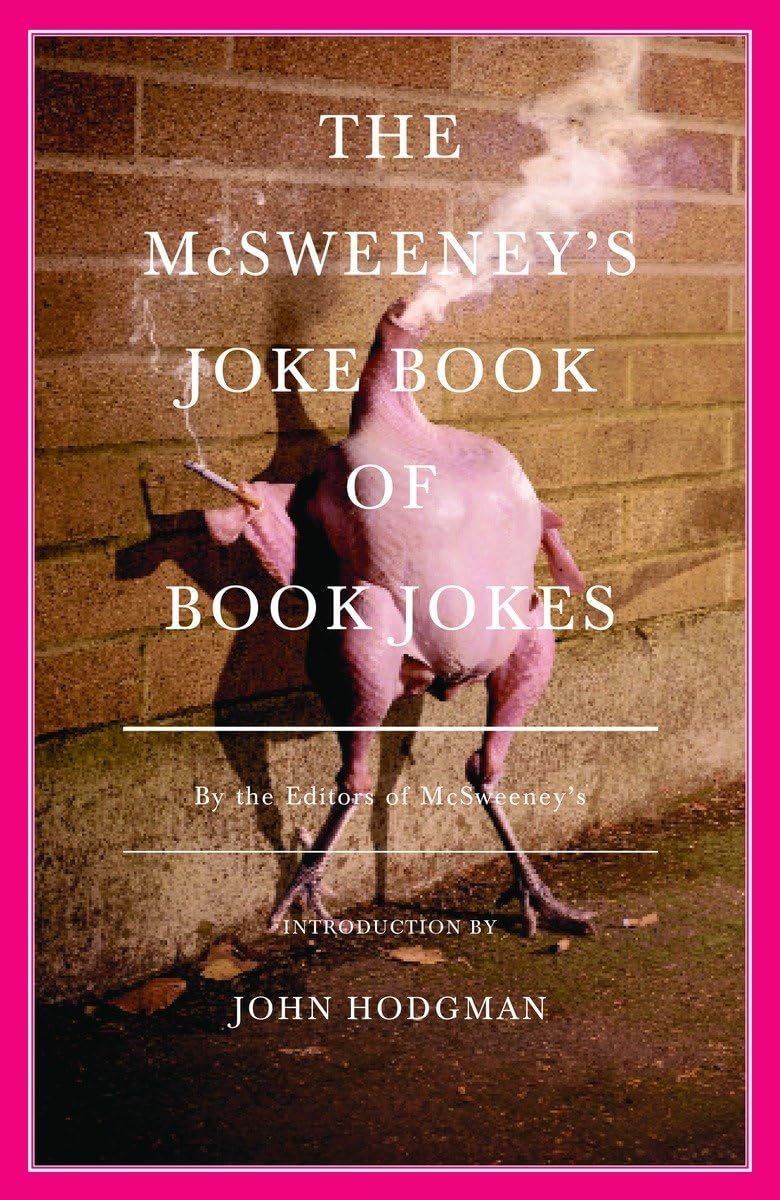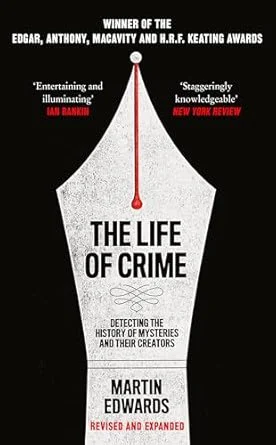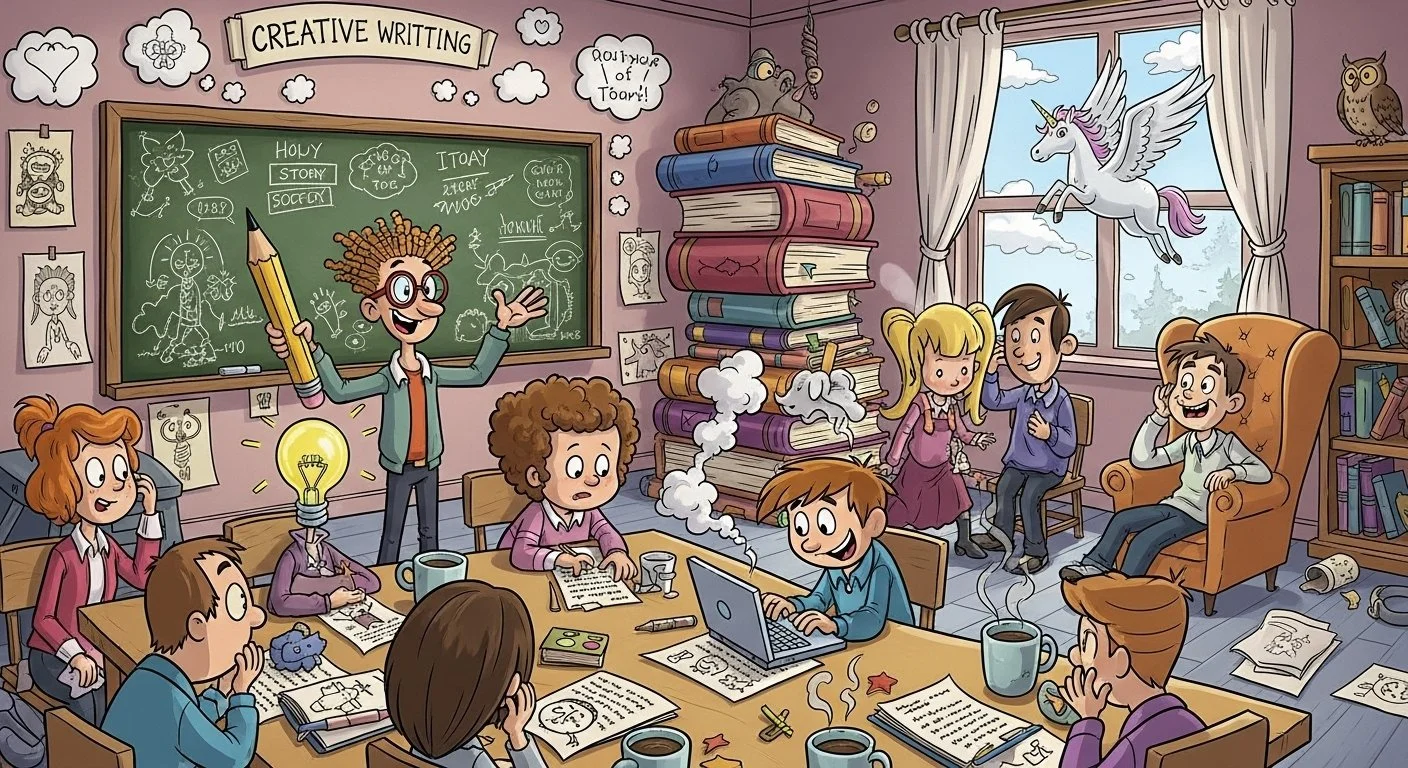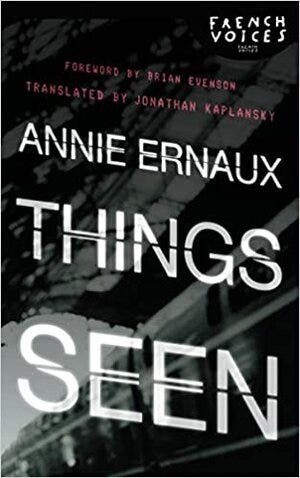Editor & main contributor: Terry Freedman. Published in the UK. ISSN 1474-6816
Greetings!
The purpose of this website is to enable me to share ideas about writing, including reviews of books and even films that may have a bearing on the craft of writing. My credentials, in case you’re wondering, are that I’ve been having articles and books published since 1990.
Here are the latest articles on the site:
This is a great book for dipping into at random, and can work in two ways. One would be for sheer pleasure. The other would be to check your knowledge of the allusions. And, of course, knowing them is likely to elicit even more pleasure.
I haven’t finished preparing the new course yet, but here are a few things I’m considering…
At times beautiful, at times cynical, at times hard-hitting, Things Seen is an endearing and accurate portrayal of a modern city.




